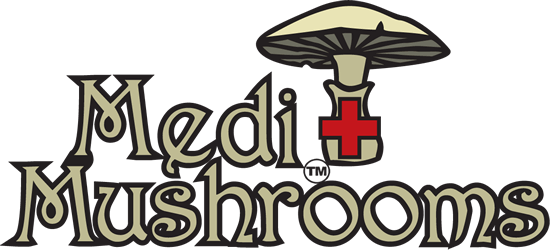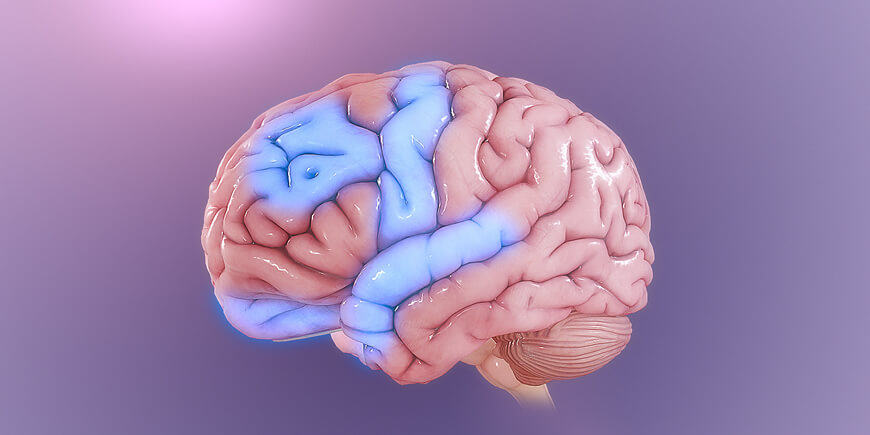*** IMPORTANT SHIPPING & DELIVERY NOTICE ***
Some international couriers continue to experience shipping delays.
We recommend you buy early and in bulk to avoid the impact of these delays.Buy More & SAVE Big!
- Tap for Navigation
- Dietary Supplements ▼
- » Dr Alla's Cordyceps
- » Dr Alla's Lion's Mane
- » Dr Alla's Maitake
- » Dr Alla's Reishi
- » Dr Alla's Shiitake
- » Testimonials
- Symptoms Chart
- Get Advice ▼
- » FAQ
- » Health Consultations
- Dr Alla's Insights ▼
- » Medical Conditions
- » Mushroom Properties
- » Research Info ►
- » » Medical Quotes
- » » Reference Works
- » » Mushrooms - Why Special?
- About ▼
- » Dr Alla's Story
- » Testimonials
- » Trade Enquiries
- » Contact
- Customer Info ▼
- » Access My Account
- » Track My Order
- Navigation
- Dietary Supplements ▼
- » Dr Alla's Cordyceps
- » Dr Alla's Lion's Mane
- » Dr Alla's Maitake
- » Dr Alla's Reishi
- » Dr Alla's Shiitake
- » Testimonials
- Symptoms Chart
- Get Advice ▼
- » FAQ
- » Health Consultations
- Dr Alla's Insights ▼
- » Medical Conditions
- » Mushroom Properties
- » Research Info ►
- » » Medical Quotes
- » » Reference Works
- » » Mushrooms - Why Special?
- About ▼
- » Dr Alla's Story
- » Testimonials
- » Trade Enquiries
- » Contact
- Customer Info ▼
- » Access My Account
- » Track My Order
Obsessive-Compulsive Disorder (OCD) is a chronic mental illness. It causes uncontrollable repeated thoughts (obsessions) and behavioural actions (compulsions). The person can have one of these elements or both.
These thoughts and actions interfere with everyday life, cause problems in the workplace or school, complicate the relationships. These actions are beyond the person’s control, can take up to at least an hour a day, can put the person and others into an unsafe situation.
The person suffering from OCD might try to stop or ignore the obsessions, but this increases the distress and causes anxiety. The drive to perform these compulsive acts is overwhelming and when they are finally performed there is a sense of ease and relaxation because the need has been satisfied. These urges come back which leads to more ritualistic behaviour. This is the vicious cycle of OCD.
There are four types of Obsessive Compulsive Disorder:
Contamination
- The compulsion to clean for fear of germs and dirt
- Feeling of being treated like dirt, unfairly
- Excessive cleaning of the house, clothes or other belongings
- Excessive hand washing using far too much time scrubbing and too much soap
- Fear of shaking hands with people
- Fear of touching doorknobs
- Fear of using public toilets
- Fear of using public transport
Ordering and symmetry
- Compulsion to arrange objects in a specific and precise way
- Compulsion of having things in perfect order
- Compulsive counting, for example, cans in the cupboard, steps, people, cars, anything at all
- Rearranging the contents of the clothes cupboards or kitchen pantry
- Counting in certain patterns
- Intense stress when objects are not placed in an absolute specific orderly or facing a certain way
Checking
- Compulsion to check over and over again the light switches, ovens, door locks, alarm systems, taps and appliances
- Compulsive constant checking of the time
- Performing tasks in a specific order every time or a certain “good” number of times
- Prolonged word repetition of words, phrases
- Prolonged compulsive chanting, praying
- Prolonged tapping
Intrusive thoughts and Ruminations
- Obsession with a certain lines of thoughts, which can be disturbing or even violent
- Unwanted forbidden or taboo thoughts involving sex, religion
- Aggressive and harmful thoughts towards others or self
- Worries about own safety or that of others
- Suspicion of partner’s infidelity that is unsubstantiated
- Constantly asking people for reassurance and approval
- Constant awareness of breathing, blinking, bowel movements and other bodily functions
- Doubting and having difficulty tolerating uncertainty
- Thoughts acting inappropriately in public or about shouting obscenities
- Fear of making a mistake
Obsessive Compulsive Disorder occurs in 1 out of a 100 people and it is more common in women than in men.
The first symptoms may start showing during the childhood but become more prominent in late teens or young adulthood. Usually the parents or teachers are the first to recognize OCD symptoms in children.
The onset of OCD may sometimes happen at later stage in life, after the age of 35.
There are several risk factors when it comes to OCD:
- First degree relatives, such as at least one parent or a sibling having the disorder
- Traumatic experience
- History of physical or sexual abuse in childhood
- Anxiety, depression
- Tic disorders
- Physical differences or abnormalities in certain parts of the brain - imaging studies show differences in the frontal cortex and
- Subcortical structures of the brain in patients with OCD.
Sometimes a child may develop OCD as result of suffering a streptococcal infection.
It is important to understand that not all habits or rituals are necessarily compulsive. Most of us check a few times the door locks and the oven switches before going to bed at night.
The difference is that people suffering of Obsessive Compulsive Disorders generally:
- Cannot control their thoughts or behaviour even if they recognise that their actions are excessive
- Spend at least an hour a day involved in repetitive thoughts and/or actions
- Do not get pleasure when acting on the thought or behaviour actions, though may feel a brief relief from the anxiety these thoughts and behaviour actions cause
- Experience significant problems in their everyday life, in school, in workplace
- Endure complications in personal relationship
- Struggle to maintain a healthy relationship within wider community
The OCD symptoms may come and go, ease a bit over time, or even worsen later in life. Most adults with OCD recognize that what they are doing doesn’t make sense and usually try to find ways to help themselves by avoiding situations that trigger their obsessions, or they may use alcohol or drugs to calm themselves.
The medical professionals offer a few treatment approaches:
- Medication (usually antidepressants),
- Neuromodulation – the use of magnetic fields to stimulate nerve cells,
- TMS (transcranial magnetic stimulation) – the use of a non-invasive device that is held above the head to induce the magnetic field targeting a specific part of the brain that regulates OCD symptoms.
- Counselling (psychological treatments),
- Psychoeducation (providing education)
- Complementary therapies - hypnotherapy, yoga, relaxation, massage, and aromatherapy
- Physical activities – exercising, walking, jogging
Another way to stimulate the brain function is to start taking Lion’s Mane medicinal mushroom. Its primary bio-active property is to stimulate the Nerve Growth Factor (NGF) which as the results improves the function of the brain.
I would like to suggest another article I wrote about Neurological Disorders where I go into more details on the subject.
Recommended Medicinal Mushrooms
CONTACT INFO
021 227 9922 (NZ)
+64 21 227 9922sales@medimushrooms.co.nz
Skype: alla.kiroshka

Copyright © 2004 - 2024 MediMushrooms International Ltd
DISCLAIMER: The information on this website has been researched, reviewed and presented with all due care.
Nevertheless, the content is provided for general education and information only and should not be relied upon in making,
or refraining from making, any decision. It is NOT intended to replace medical advice from a healthcare professional.
All users are urged to seek advice from a qualified healthcare professional for diagnosis, treatment and answers to their medical questions.
Use products as directed. If symptoms persist, please see your healthcare professional.Specific results expressed herein are not typical. Individual results will vary.


